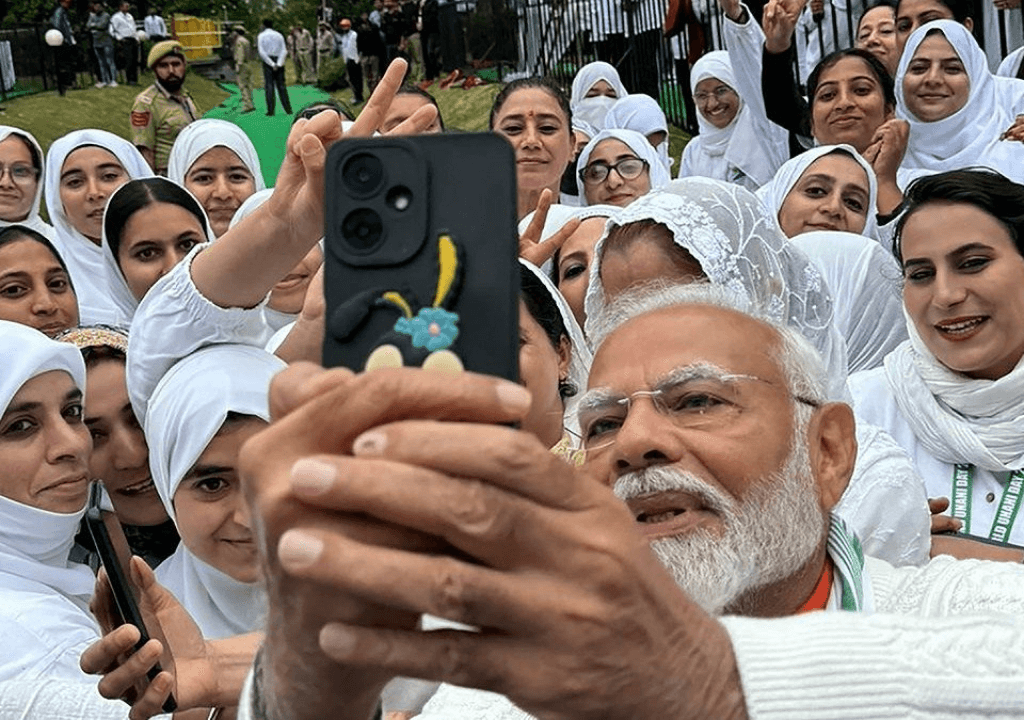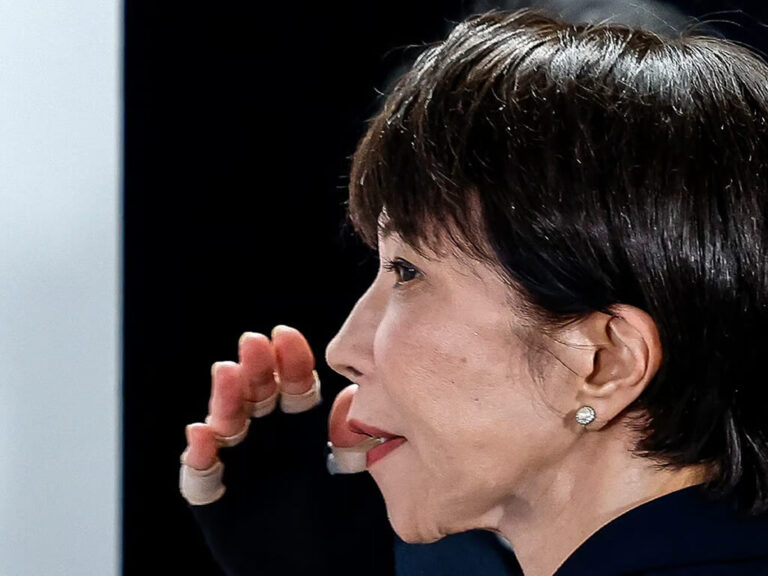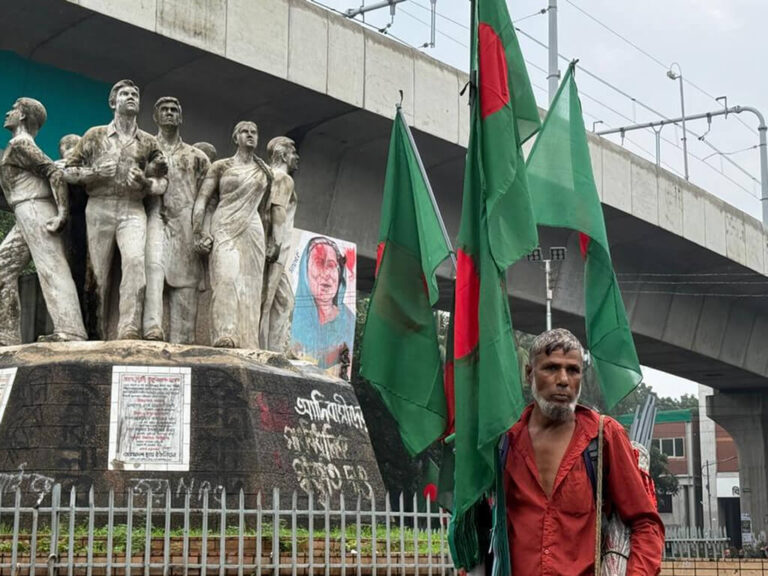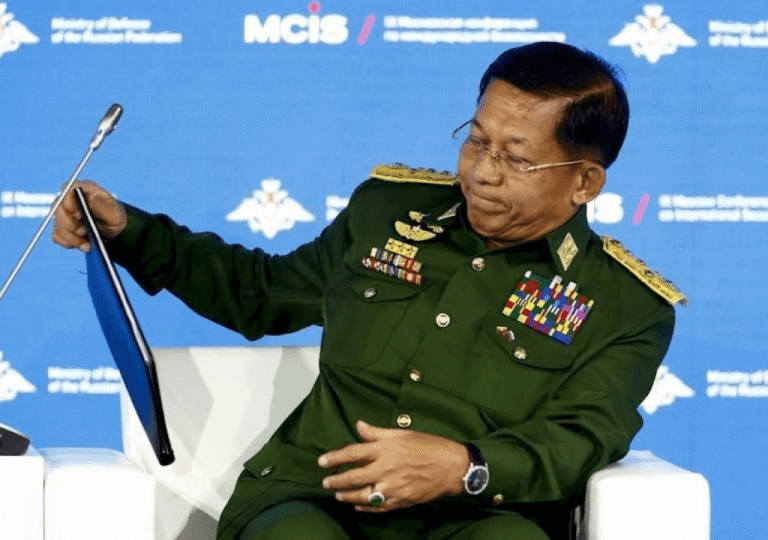Jammu and Kashmir, one of three Muslim-majority union territories in India along with Lakshadweep and Ladakh, has long been a focus of global interest. Both Pakistan and China, along with several Western diplomats, have expressed a desire to annex the territory to Pakistan, and Pakistan has conducted several wars and militant operations to achieve this goal. The global Muslim population has repeatedly raised the Kashmir issue, emphasizing Muslim solidarity worldwide and accusing the Indian government of suppressing Islamic rights. Narendra Modi, the Prime Minister of India, has taken a particular interest in the region and has increased central government control over Kashmir during his tenure. Jammu and Kashmir, which was previously granted special constitutional status and a separate constitution with elements such as Sharia law and its own flag, removed these privileges under Modi’s government. The dissolution of the Jammu and Kashmir Assembly and the removal of Article 370 from the Indian Constitution by parliament ended the region’s special status. Elections in the union territory are now scheduled to take place in four stages from September to October, marking the first time since 2014. Given the region’s significant Islamist extremist threats, the election poses a challenge for India, as terrorists may threaten potential voters.
Jammu and Kashmir, a former state and now a union territory, has deep historical ties with India and was part of various great kingdoms that ruled the Indian subcontinent. Over the years, it became a Muslim-majority region, but it still has a significant Hindu, Sikh, and Buddhist population that strongly supports Indian rule, along with Shia and Ahmadiyya communities. The region is now divided into four parts: the Kashmir Valley, which has a Sunni majority and faces the most extremist threats to elections; Jammu, which has a considerable Sikh and Hindu population; the territory under Pakistan’s control, annexed during the 1950s war – India does not recognize this occupation, and seats for it remain vacant in the assembly; and Ladakh, which was once part of Jammu and Kashmir but is now a separate union territory.
The Jammu and Kashmir union territory elections are set to occur in three phases: Phase I on 18 September 2024, Phase II on 25 September 2024, and Phase III on 1 October 2024. Results will be announced on 4 October 2024. These elections will choose the 90 members of the Jammu and Kashmir Legislative Assembly. Four major political parties, along with several smaller contenders, are vying for the assembly seats.
In the complex political landscape of Jammu, the Bharatiya Janata Party (BJP), which holds the reins of power in India, stands out as the preeminent force. In the most recent assembly elections, the BJP clinched 25 of the 87 available seats, reinforcing its dominance. The party further solidified its position by capturing two of the five Lok Sabha constituencies in the recent general election, underscoring its significant influence in the region. The BJP is focusing on major infrastructure projects funded by the central government, including new railway lines, roads, hospitals, and other developments that were previously unavailable in the region. They are appealing to voters who felt disadvantaged under the previous special constitutional status, which was accused of favoring certain families and religious groups, and they are capitalizing on the rise of nationalism in the state. However, as the party lacks strong support in Muslim-majority areas, the BJP has been accused of backing smaller pro-Muslim parties in certain regions. The BJP aims to surpass the 45-seat mark for a majority in the 90-member assembly, with some seats expected to come from these smaller parties.
The Indian National Congress, the main opposition party in the Indian parliament, is contesting the election in alliance with the region’s largest state-level party, the National Conference, and the Communist Party of India (Marxist). This alliance has a strong presence in both the Kashmir Valley and Jammu and is demanding the restoration of statehood and special status for the region. In the last election, all parties in this alliance contested individually, collectively winning 28 seats, which was more than the BJP’s tally. Another significant party is the People’s Democratic Party (PDP), which secured the most seats in the last assembly election with 28 seats. They are expected to contest individually this time. Other national parties, including the Aam Aadmi Party (AAP) and the Bahujan Samaj Party (BSP), are also participating in this election, along with numerous state parties and independent candidates, who also play a crucial role in forming the government in the state.
The upcoming election is a crucial juncture for the state. If the BJP wins, they will grant statehood but not restore special status. If the BJP loses, it is likely that other parties will join forces to demand special status. Additionally, if the BJP forms a coalition government, there might be pressure to address this demand. The election will also attract international attention, especially from Pakistan. As Jammu and Kashmir moves towards greater democracy and development, it could impact the already troubled state of Pakistan and its part of Kashmir, leading to serious impact in the region. Therefore, the assembly election of Jammu and Kashmir is not only important for the union territory but also for the entire South Asia.








